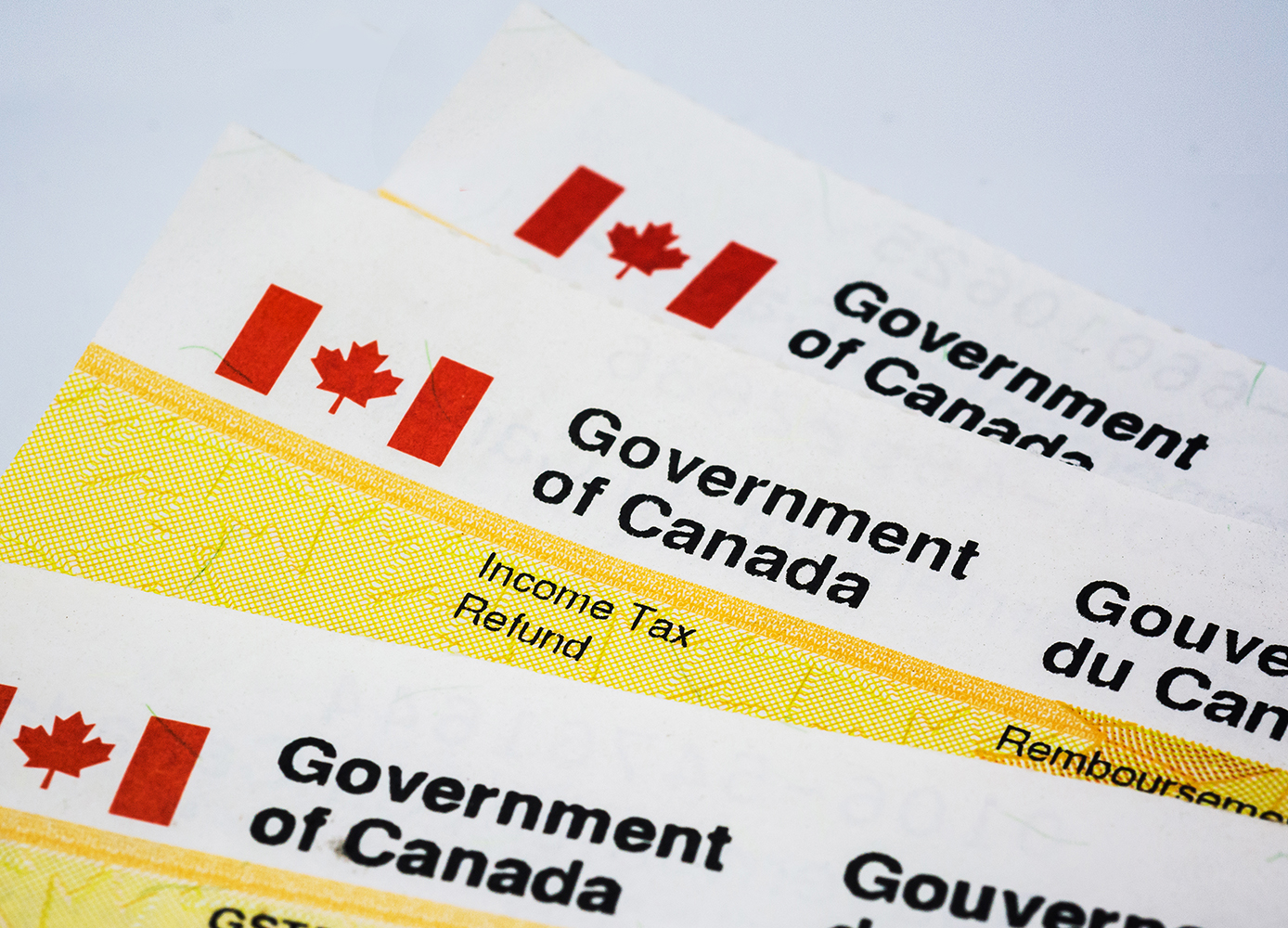If the government determines that you should be getting more benefits, you normally have to wait a year to get the money—but not always
A popular regular feature in Good Times magazine is “Your Questions,” where Olev Edur provides answers to questions from our readers regarding their rights, personal finance, and estate planning. Here’s one on government pension benefits.
Photo: iStock/JackF.
Q. My husband recently retired at age 65 and now receives approximately $800 a month from the Canada Pension Plan (CPP), almost $600 from Old Age Security (OAS), and $1,200 from his work pension, for a total of about $2,600 a month before taxes ($31,200 a year). I just turned 60 and recently left my job because of health concerns, so I have no income at all. After taxes, we’re left with about $2,200 a month, which is enough to meet our basic needs but that’s all. Although we can get by, our finances are always tight. Though I’m not yet 65, would we still be able to split his pension income, and how much would that help us? Also, are there any other government benefits that we might be able to get? Even a few more dollars a month would make a difference and maybe allow us to take a modest vacation once in a while.
A. To answer your second question first, the good news is yes, given your total income, you and your husband should be entitled to more from OAS than the $600 you’re currently receiving monthly. But for reasons I’ll explain, you may not be able to get it until next year or even the year after, depending on when during the year you turn 65.
A few years ago, the government changed the OAS rules so that the Guaranteed Income Supplement (GIS) and the spousal Allowance (both are part of the OAS program) would be calculated automatically every year, rather than you having to apply for them each year. However, eligibility for GIS is reviewed every July and is based on income in the previous calendar year. As a result, since you’ve just turned 60 (making you eligible for the Allowance) and your husband just turned 65 (making him eligible for OAS), and you’re both no longer working, CRA won’t be calculating the added benefits to which you should be entitled until this coming July, and you won’t start receiving them until the following year.
The tax rules do allow, though, for people to apply for their added entitlements right away if they’re under financial duress, so I suggest you contact your nearest Service Canada office and ask if your benefits can be adjusted to reflect your current financial circumstances, rather than last year’s, so that you can begin to receive those extra benefits sooner rather than later. (Based on your current incomes, the government website calculator indicates that you should be receiving about $800 a month from
a combination of OAS, GIS, and Allowance entitlements, rather than the $600 in OAS you’re actually receiving.)
As for the question of splitting pension income, you can certainly do this, and it may allow each of you to claim certain non-refundable tax credits that you currently can’t get, such as the $2,000 annual pension income credit (although your husband may be able to claim most other commonly used non-refundable credits if you can’t, meaning that the net tax difference would be zero for the most part).
The biggest benefit of pension splitting usually comes when two spouses are in different tax brackets: by giving some income to a lower-income spouse, the spouse with the higher income can avoid paying tax at a higher rate on that income. Since you would both be in the bottom tax bracket regardless of how the pension benefits are allocated, though, this advantage wouldn’t apply to you.






